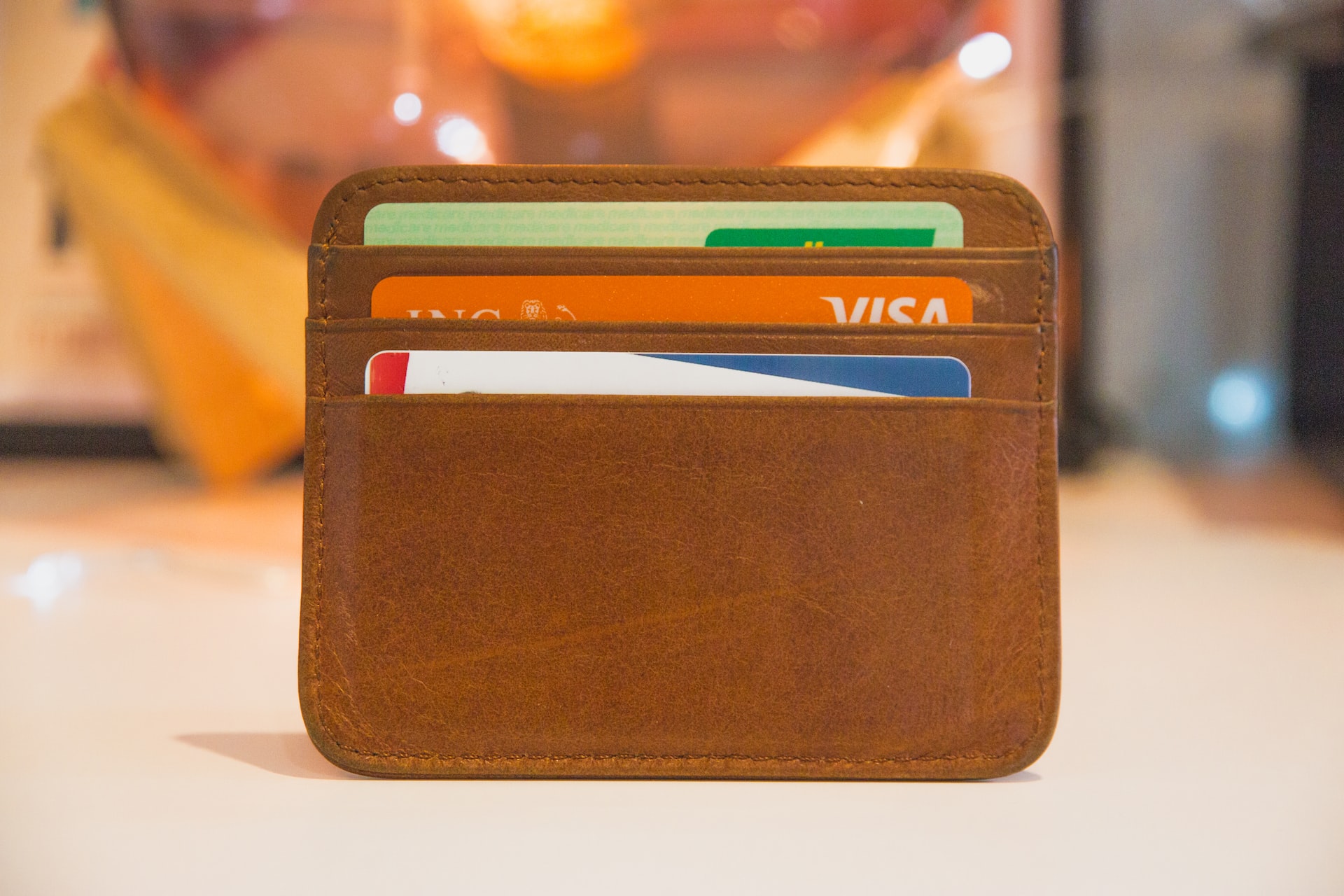CIBIL: The Credit Information Bureau (India) Limited is one of the most well-known credit information companies licensed by the Reserve Bank of India. It plays a vital role in your day-to-day financial life. So, it’s good to beware of the CIBIL score and its impact. Well, it’s a three-digit numeric number that indicates an individual’s creditworthiness based on their credit score. An individual’s CIBIL report displays their credit history, which is considered a key factor when they apply for a home loan or credit card. How? Let’s discuss this below.
What is good CIBIL score?
Well, it’s what gets you easy access to credit products such as home loans or credit cards. Your credit score is the prime factor that decides your interest rate or credit limit.
How to get CBIL score?
You can check your CIBIL score by going to the CIBIL website at www.cibil.com. Then, to obtain your score, click on the “know your score” tab. You will be given an online form that requires personal information such as your name, date of birth, identity proof, PAN card number, and so on. You must pay a fee to gain access to your credit score.
Different ranges of a CIBIL score and their impact
It ranges from 300 to 900. The higher the score, the better the creditworthiness. The ranges are as follows:
- Poor CIBIL Score: This is a low CIBIL score, indicating that you are a high-risk borrower, and most lenders will reject your loan application.
- Fair CIBIL Score: Obtaining loans is extremely challenging. If lenders do approve their loan request, it will probably come with a high down payment, a higher interest rate, and no benefits.
- Good CIBIL Score: You might or might not get loans with better terms than you expected, it is up to the lender.
- Excellent CIBIL score: You may receive loans with better terms than you anticipated. It is up to the lender.
How does a good CIBIL score benefit you?
A CIBIL score above 700 is considered good, which gets you several advantages, listed below:
- Easy access to credit cards with higher limits.
- Easy loan approvals with low interest.
- Better car insurance rates.
- Better negotiating power.
Factors that affect your CIBIL score:
- Payment History: Making late payments or failing to pay your EMIs will lower your credit score.
- Having a balanced credit mix of secured and unsecured loans (personal loans, credit cards) is likely to improve your credit score.
- High credit card use indicates a heavier repayment load, which could harm your credit score.
- Multiple loans and credit cards, as this indicates the amount of debt you have, will harm your credit score.
What is the minimum CBIL score for home loan?
With the rising real estate market, the demand for home loan India is also increasing. Thus, you must beware that your eligible credit score differs from lender to lender. Most banks prefer a minimum CBIL score for home loans ranging between 700 and 750. If your score is above 750, you have a high chance of getting your loan application approved. Therefore, don’t just focus on how to get CIBIL score but ensure you have a minimum score to get your loan approved.
In a nutshell, above we have detailed what is good CBIL score is and how it impacts an individual’s day-to-day financial flow. The higher the CIBIL score, the better the chances for maximum creditworthiness.
So, we suggest you always try to maintain a high CIBIL score, and for more information on the housing sector in India and real estate analysis, please visit IndexTap.










